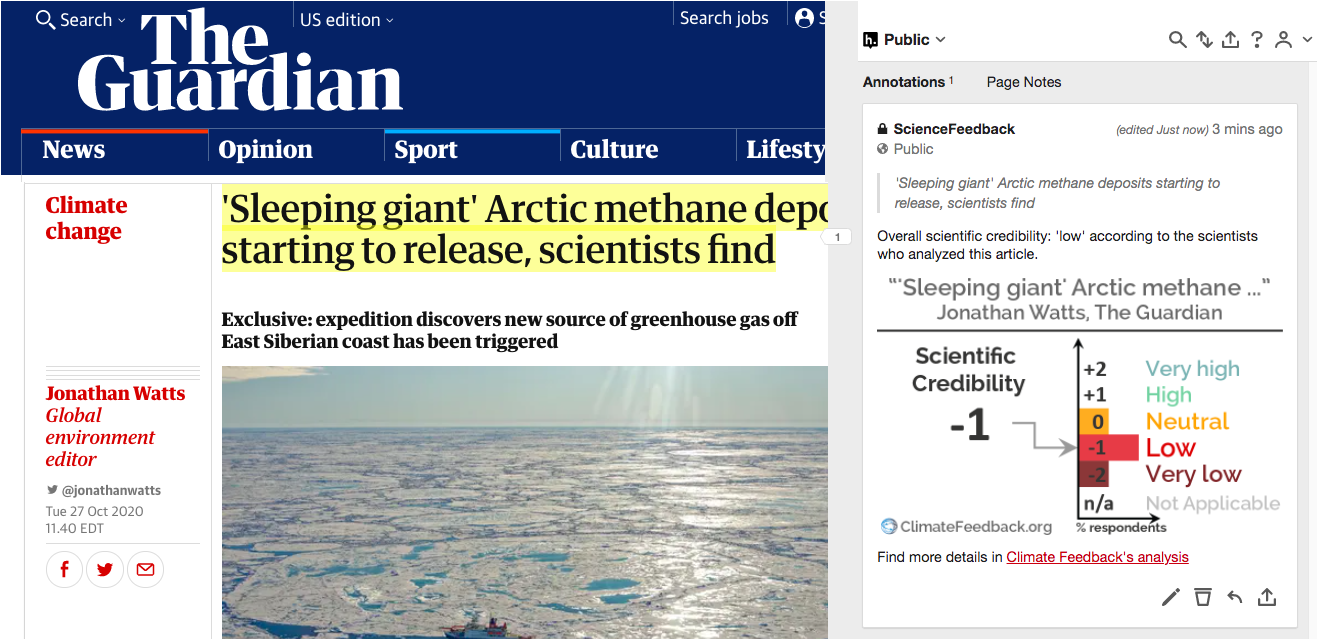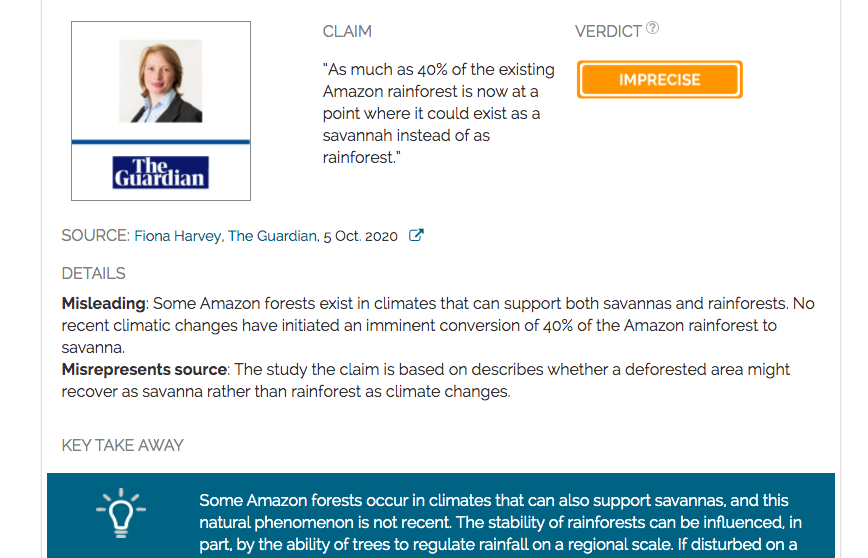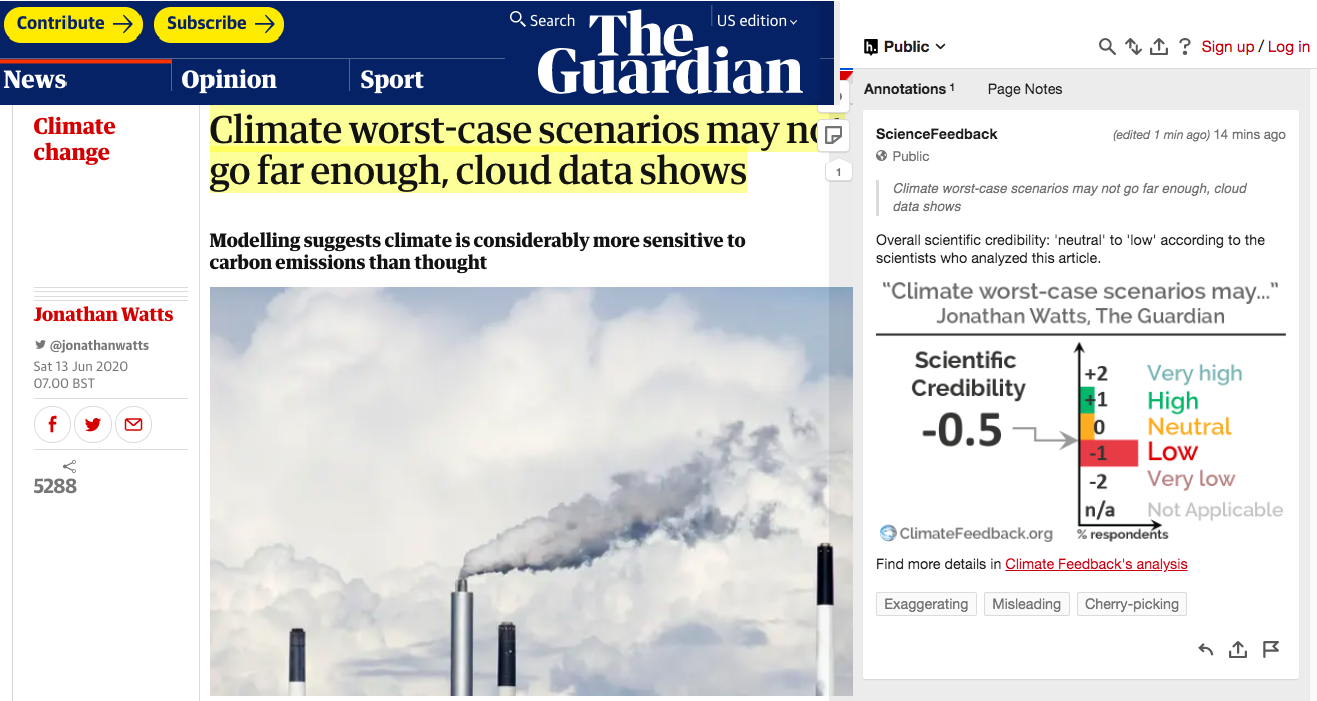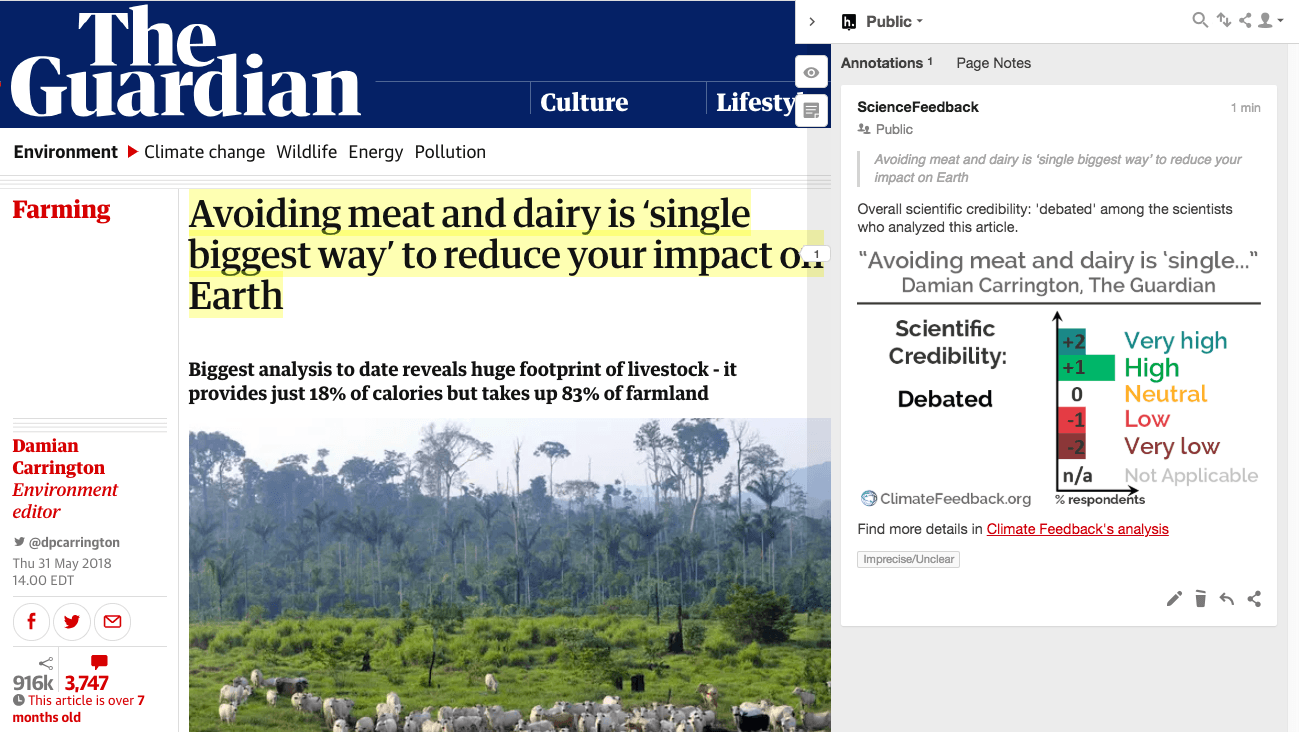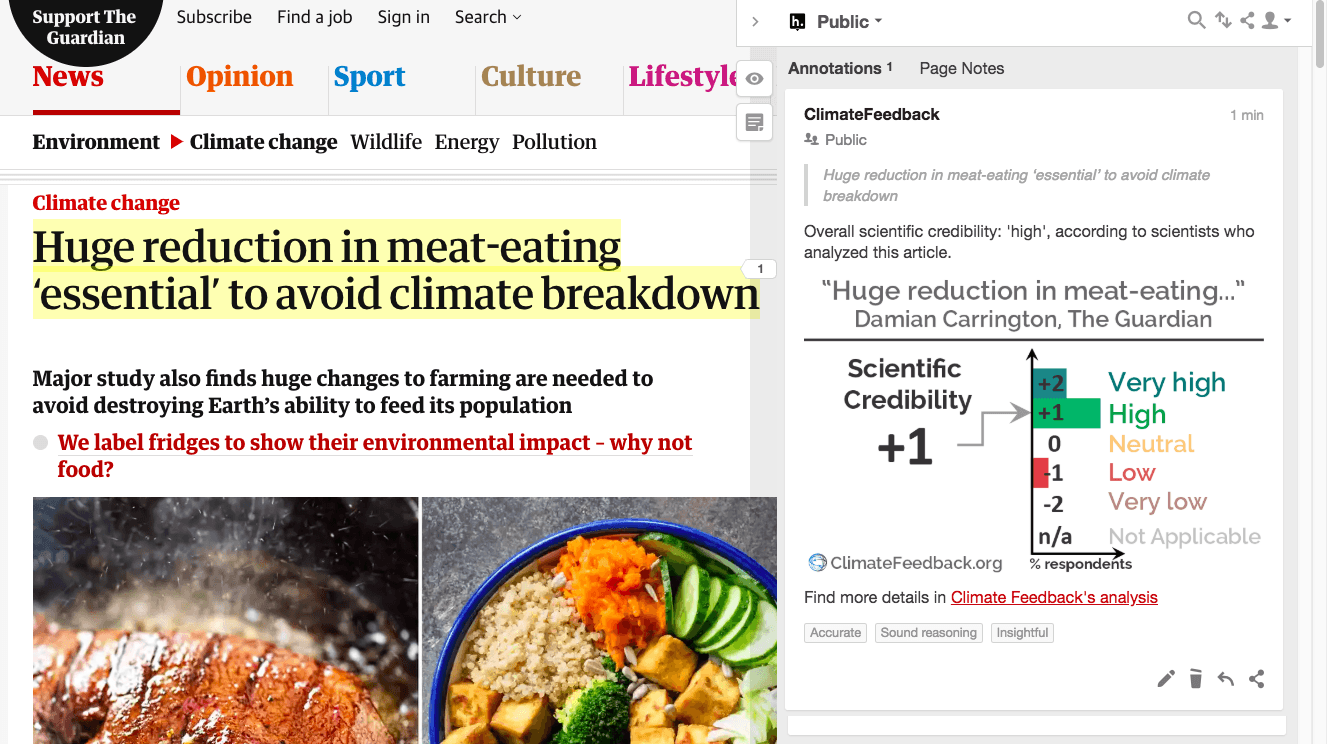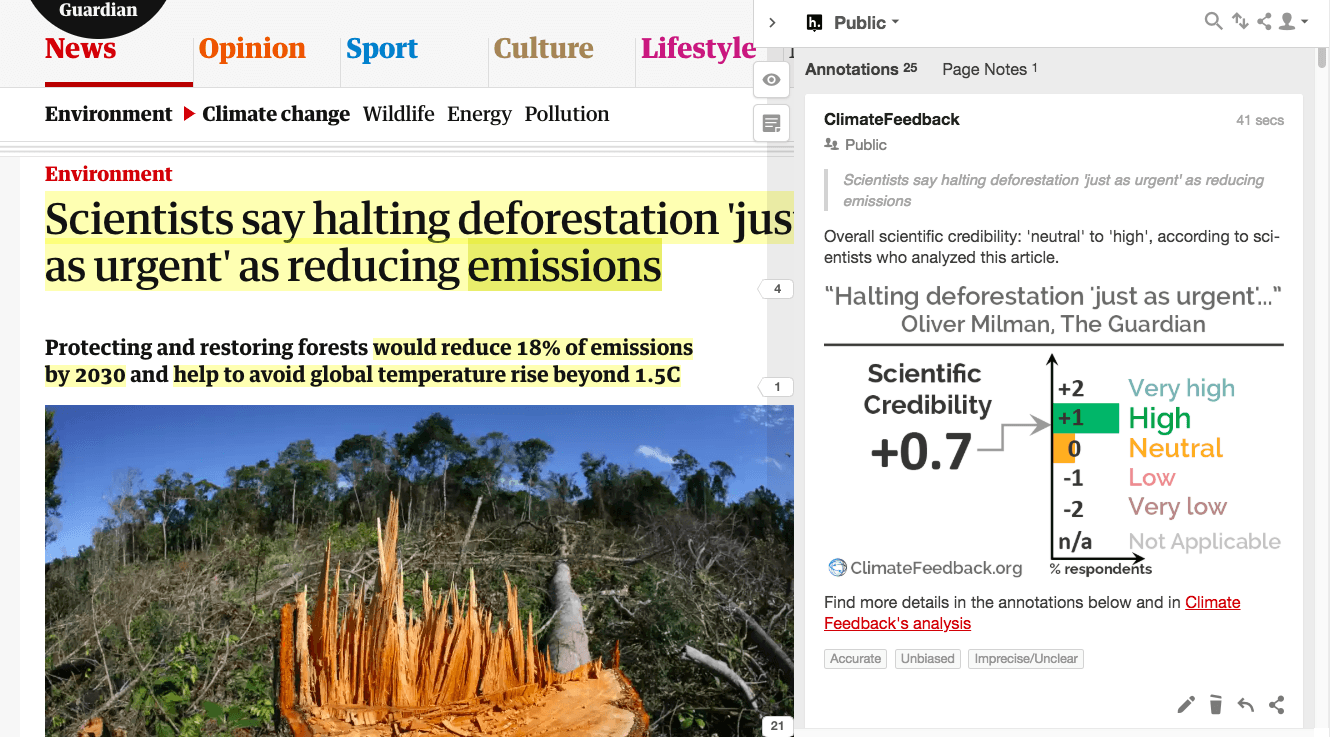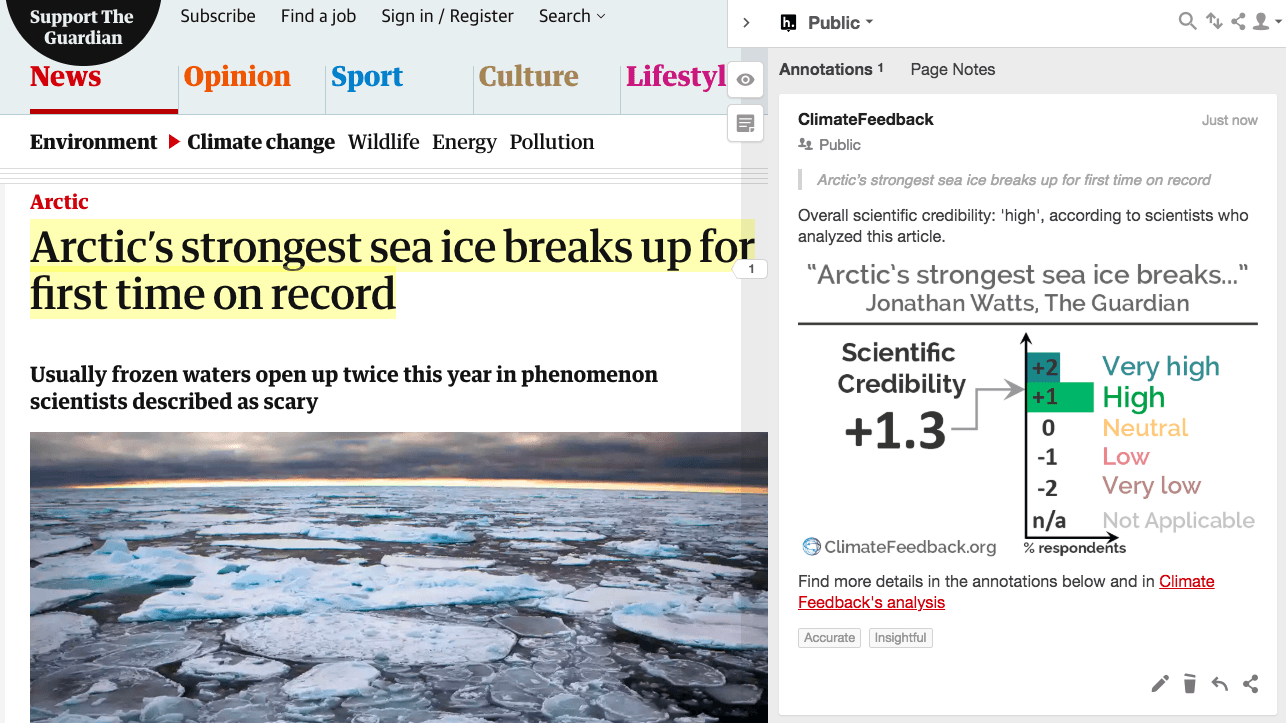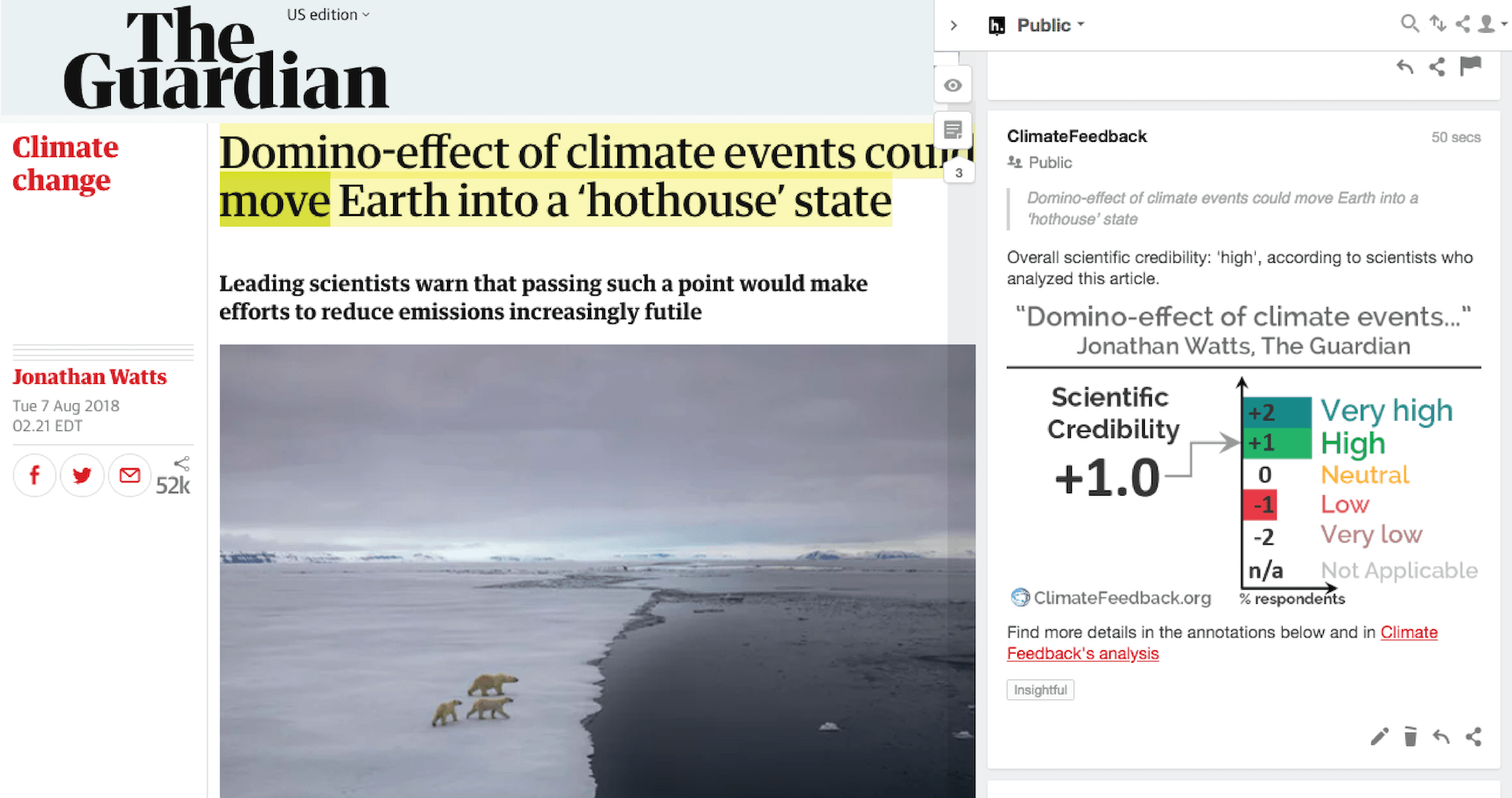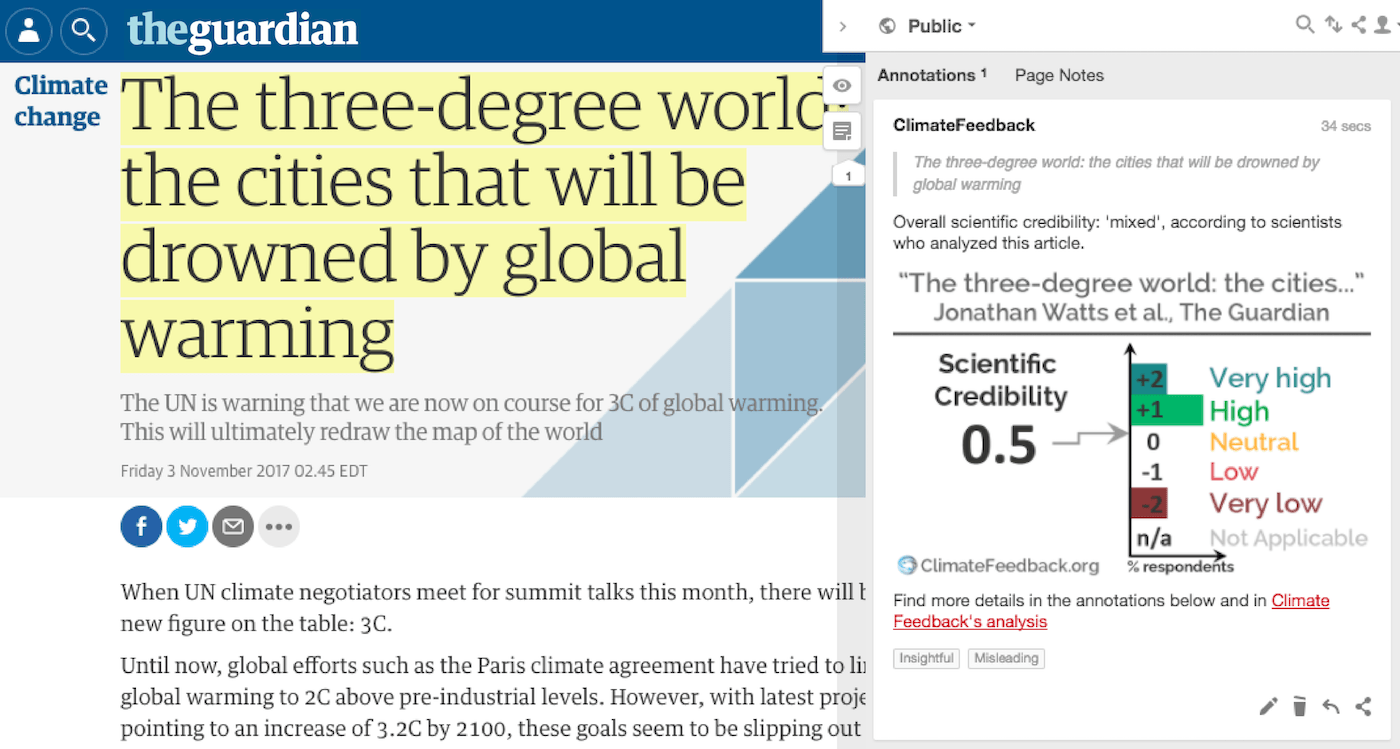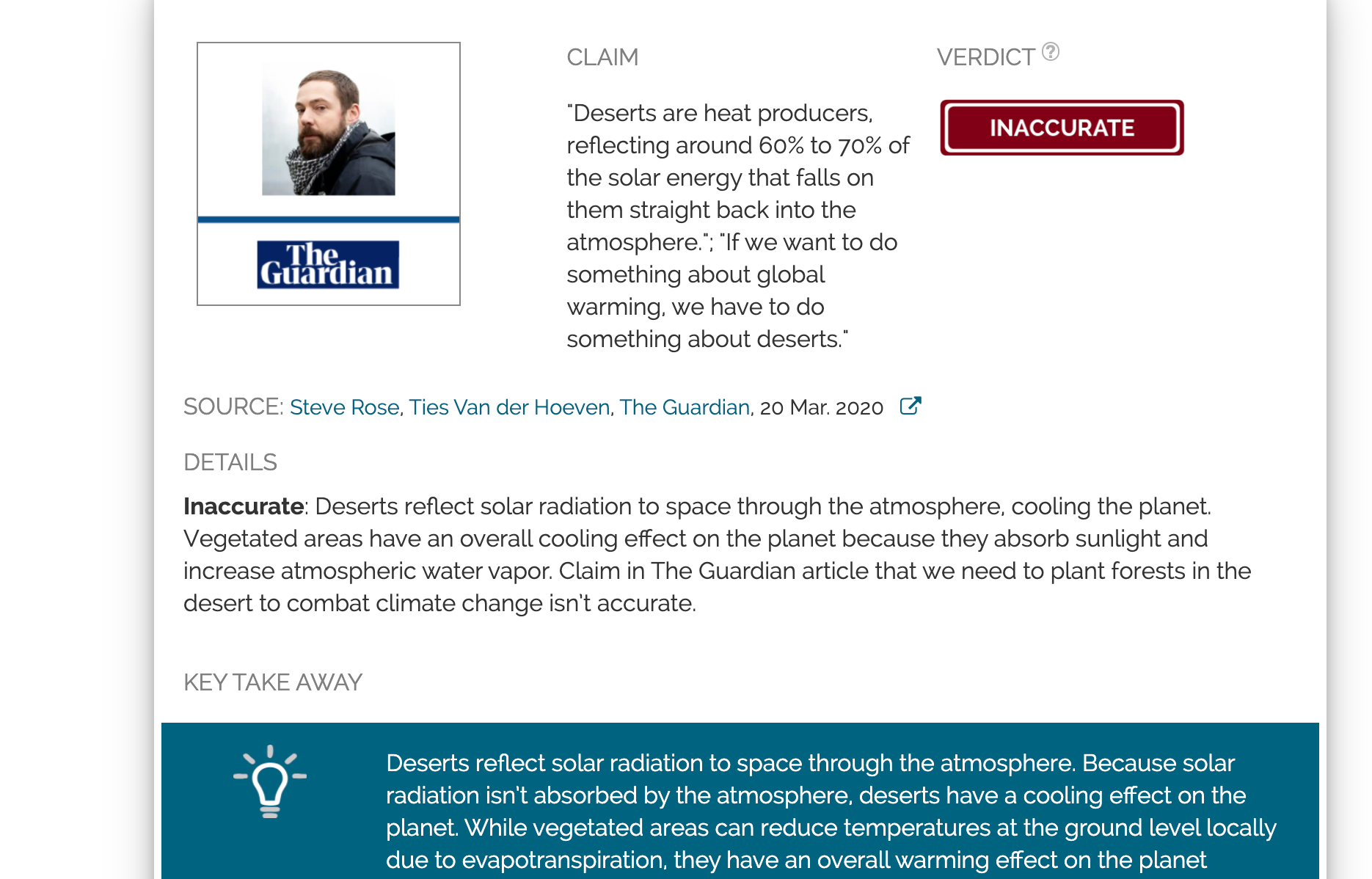
Deserts cool the planet by reflecting solar radiation to space; vegetated areas have an overall warming effect, so planting trees in deserts doesn’t necessarily cool the planet
Claim:
"Deserts are heat producers, reflecting around 60% to 70% of the solar energy that falls on them straight back into the atmosphere."; "If we want to do something about global warming, we have to do something about deserts."

